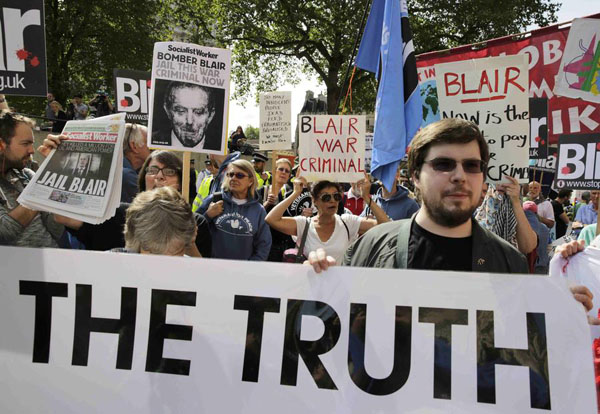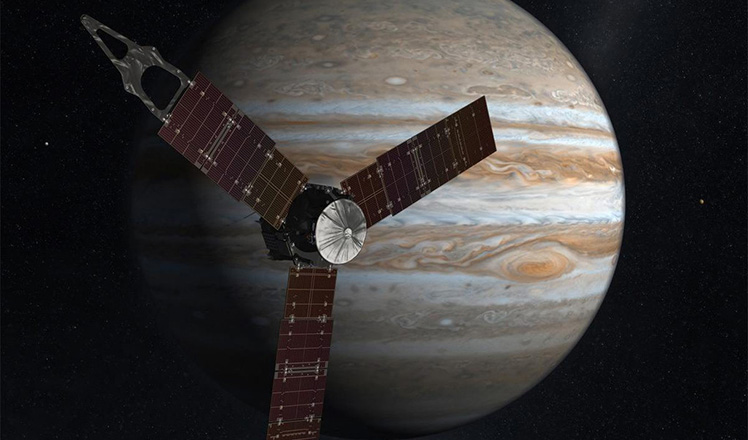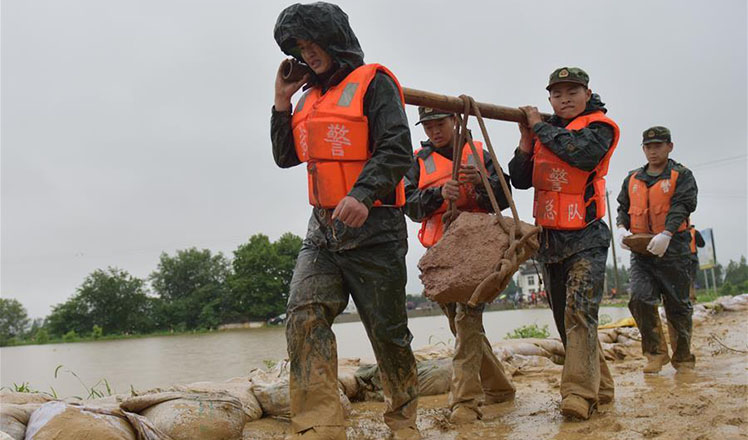UK criticised for going to war in Iraq before exhausting other options, report finds
Updated: 2016-07-06 19:17
By Chris Peterson in London(chinadaily.com.cn)
|
||||||||
 |
|
Demonstrators protest before the release of the John Chilcot report into the Iraq war, at the Queen Elizabeth II centre in London, Britain July 6, 2016. [Photo/Agencies] |
The UK government under Prime Minister Tony Blair went to war in Iraq in 2003 before all other options had been exhausted and on the basis of flawed intelligence, the official report into the conflict found.
Blair, who was prime minister from 1997 to 2008, took Britain to war in Iraq as part of a US-led coalition, ostensibly because Iraqi leader Saddam Hussein had weapons of mass destruction. In the 2003 invasion and aftermath which toppled Saddam, 179 British soldiers were killed.
In the event, no evidence of weapons of mass destruction, a euphemism for chemical or nuclear weapons, was found.
Blair has repeatedly been accused by UK politicians from all parties of being too close to the then US president, George W Bush.
The report, from a team headed by civil servant Sir John Chilcot, found that there had been serious intelligence failures, and a string of bad judgments made by senior officials.
Blair was criticised for being too close to US President George W Bush and for not discussing decisions with his government ministers and the full cabinet.
The decision to go to war was based on intelligence that was presented with a certainty "that was not justified," Chilcot said in announcing his findings.
Blair had written to Bush early on assuring him of his full support ``whatever happens" and Chilcot added "the UK was undermining the UN Security Council’s authority by going to war when it did."
"We have concluded that the decisions on the legal justification for the invasion were not satisfactory," he said.
"The case for a threat from weapons of mass destruction was presented with unjustified uncertainty," Chilcot said.
Chilcot said an estimated 150,000 Iraqi people, mainly civilians, had been killed in the invasion and its aftermath, and over 1 million Iraqis displaced.
"The intervention went badly wrong, and its consequences are felt to this day," he concluded.
The report, which took seven years to compiled and consists of 2.6 million words in 12 volumes, is three times as long as the works of William Shakespeare and five times as big as Leo Tolstory’s War and Peace.
Contact the reporter on chris@mail.chinadailyuk.com
- Eid al-Fitr celebrated worldwide
- Swedish PM looking at tightening laws after festival sex attacks
- British PM race cut to 3 hopefuls as 2 contenders exit contest
- Chinese herbalists offer free US treatment
- Obama praises Hillary's judgement hours after FBI's censure
- Rio mayor tells Olympic visitors: 'Don't expect New York or London'

 Solar-powered visitor begins orbiting Jupiter
Solar-powered visitor begins orbiting Jupiter
 Continuous rainfalls affect millions of people across China
Continuous rainfalls affect millions of people across China
 Chinese foodies' top 10 favorite restaurants
Chinese foodies' top 10 favorite restaurants
 Chinese basketball legend Wang Zhizhi bids farewell
Chinese basketball legend Wang Zhizhi bids farewell
 Iceland soccer team gets hero's welcome back home
Iceland soccer team gets hero's welcome back home
 Power giant Hanergy shows its solar concept cars
Power giant Hanergy shows its solar concept cars
 Murray downs Kyrgios; Serena powers into quarters
Murray downs Kyrgios; Serena powers into quarters
 Nanjing's Linggu temple offers best view of fireflies
Nanjing's Linggu temple offers best view of fireflies
Most Viewed
Editor's Picks

|

|

|

|

|

|
Today's Top News
Abe's blame game reveals his policies failing to get results
Ending wildlife trafficking must be policy priority in Asia
Effects of supply-side reform take time to be seen
Chinese State Councilor Yang Jiechi to meet Kerry
Chinese stocks surge on back of MSCI rumors
Liang avoids jail in shooting death
China's finance minister addresses ratings downgrade
Duke alumni visit Chinese Embassy
US Weekly

|

|








